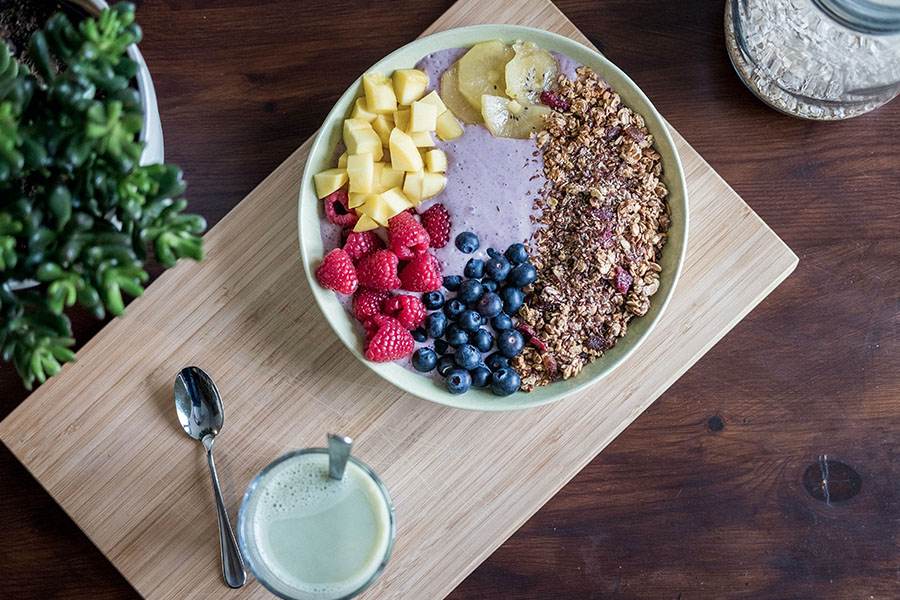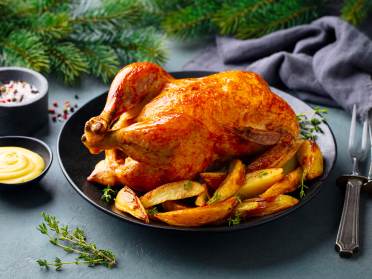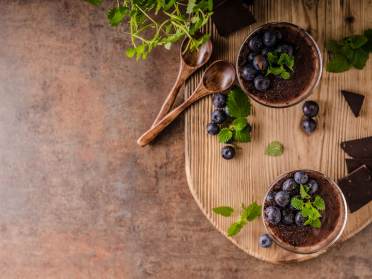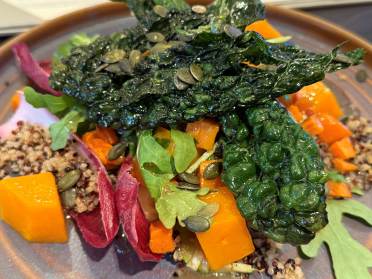
As we age, our metabolism slows down and we all have to be more careful about the foods that we eat. In addition to that, our ability to absorb micronutrients from food can diminish. Our wellbeing experts at the Audley Club at Nightingale Place have the following advice on nutrition for over 50s.
Superfoods are packed with more micronutrients per gram so they can be very helpful in combating some of the changing impacts of age. Try to include as many of these superfoods as possible into your diet to see overall nutritional improvement.
- Dark Chocolate: Packed with antioxidants, studied have shown that small amounts regularly can reduce blood pressure and the rate of stroke in women.
- Asparagus: With high levels of lycopene, iron, protein, prebiotics and vitamin A; these spears pack a load of nutrients into one tiny stalk. Steam for maximum nutritional value.
- Coffee: Coffee can help reduce your risk of Alzheimer’s, heart attack, stroke, diabetes and some cancers. Drink one or two cups per day.
- Quinoa: A great source of protein and micronutrients, it’s great for gluten-free diners. Use in place of rice or pasta.
- Broccoli: We all know broccoli is good for us, but maybe not just HOW good. With high antioxidants, vitamins and fibre. It can help reduce cancer risk. Steam to keep as many nutrients as possible.
- Kale: With omega-3 fatty acids (like in oily fish), kale can help protect your eye health, reduce cholesterol and boost your calcium and fibre intake. Prepare in the oven for a crisp taste.
- Pears: Full of micronutrients and useful for regulating blood sugar leaves, pears can also improve your gut biome. Slice in advance for a quick and easy snack.
- Avocado: Packed with ‘good’ fats, the avocado is a good choice for those needing a heart health booster. Pair with whole-wheat toast for a healthy breakfast.
- Soy: Plant oestrogens in soy can help women who are post-menopausal. May also reduce the risk of heart disease. Use in place of regular milk on cereals.
- Salmon: Much like kale, eating salmon can boost your omega-3 counts which are important for brain development and maintaining a low blood pressure level. Eat at least one serving of oily fish per week.
- Sweet Potatoes: Lower your risk of type 2 diabetes, prostate cancer and level out blood glucose with this lightly sweet veg. Bake in the oven halved with a sprinkle of cinnamon for a convenient side dish.
- Eggs: Useful for staving off loss of muscle density and mass, eggs are a great source of protein and leucine. Enjoy any way you like.
- Almonds: A great snack food full of protein and good fats that might help lower bad cholesterol. Buy in bulk and portion out into Tupperware.
- Turmeric: Turmeric may just help prevent dementia and Alzheimer’s disease due to the curcumin in the spice. Work a curry night into your routine.
- Portobello Mushrooms: Very important for the absorption of vitamin B12 which is hard to maintain at healthy levels as we age. Oven bake with blue cheese and asparagus for a delicious dish.
- Black Tea: Great for maintaining cholesterol levels and reducing the risk of high blood pressure due to the presence of flavonoids. Sip a cup each day!
- Walnuts: Can reduce the risk of breast cancer and diabetes while being a great source of iron. Mix in with almonds for a powerful snack boost.
- Blueberries: Full of phytochemicals that help your brain maintain healthy blood flow and reduce inflammation. Sprinkle some on your breakfast cereal.
- Greek Yoghurt: A great source of protein to fight muscle loss and probiotics to aid gut health. Enjoy alone, with honey or with berries.
- Oats: Helpful for meeting your fibre intake and improving cholesterol levels, studies have shown oats may also help to prolong life overall. Have some for breakfast regularly.
Read more from the health, fitness and wellbeing team at the Audley Club.


































